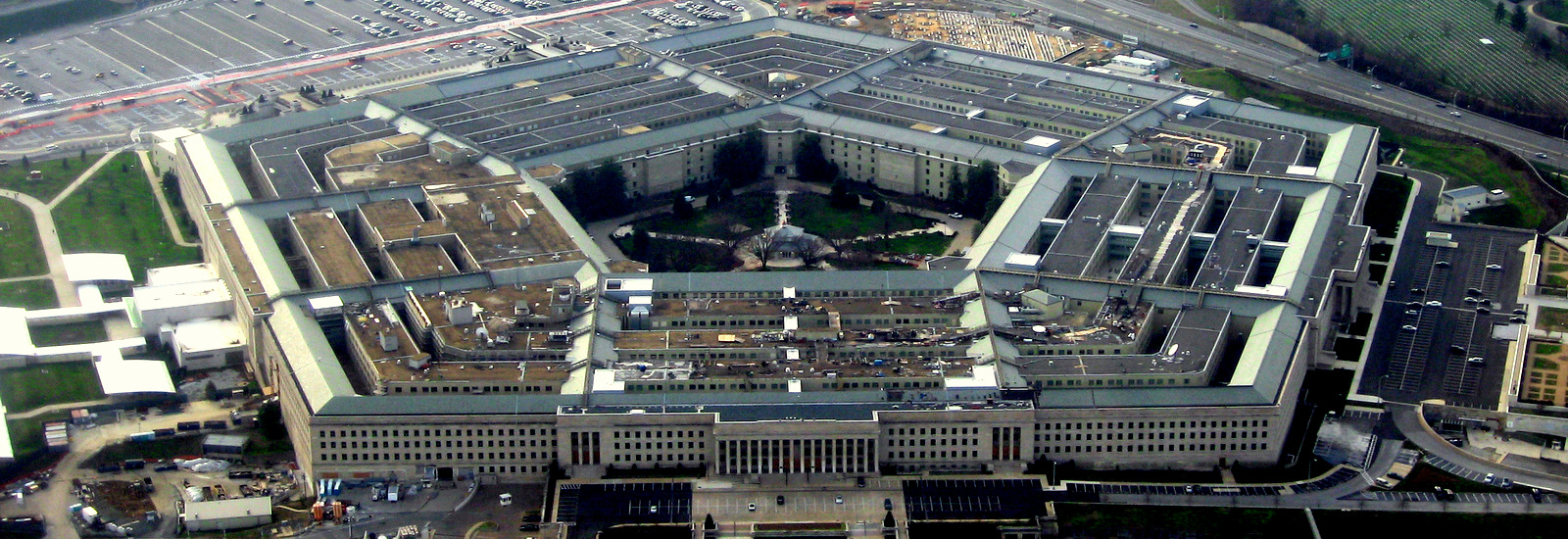
Amid ever-growing indications that ISIS is establishing itself as a proper faction in southeastern Afghanistan, based around the city of Jalalabad, the Pentagon has reportedly been given broad new authority to launch attacks on ISIS targets in the country.
Previously, the US forces in Afghanistan were limited to attacking ISIS targets in that country only when they met specific criteria, such as being a threat to troops on the ground. The new rules have not been made public, but are said to allow them to attack “any terrorist group” in Afghanistan, including ISIS.
Several Congressional hawks had been agitating for the change for months, accusing the administration of not taking the threat of the ISIS affiliate in Afghanistan seriously. Recently, Pentagon reports have indicated they believe the affiliate is more or less fully functional, and no longer in the embryonic stage it was previously presented as occupying.
Still, ISIS in Afghanistan has fairly limited territory, and has chiefly fought against the Taliban for what they do have. The group appears to have nationwide ambitions, however, and is recruiting across many provinces, trying to attract young Islamists away from the Taliban and toward their organization.

